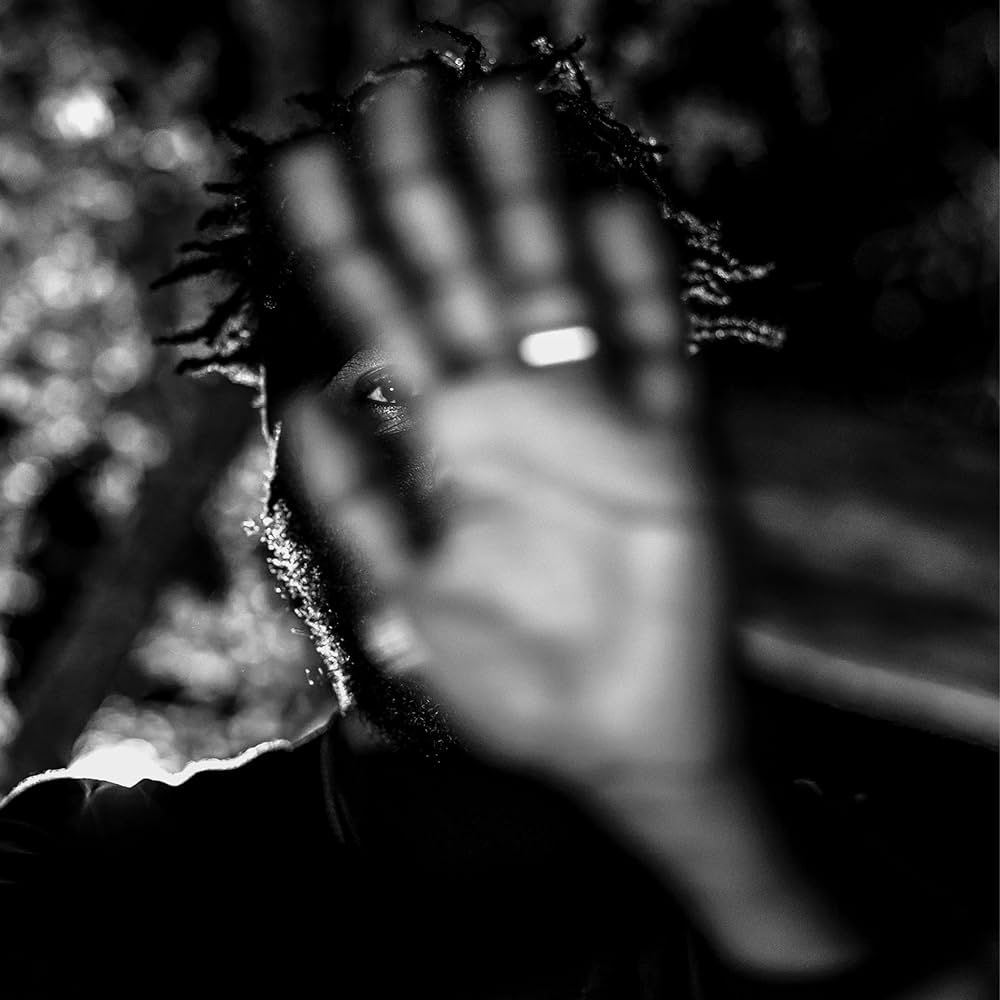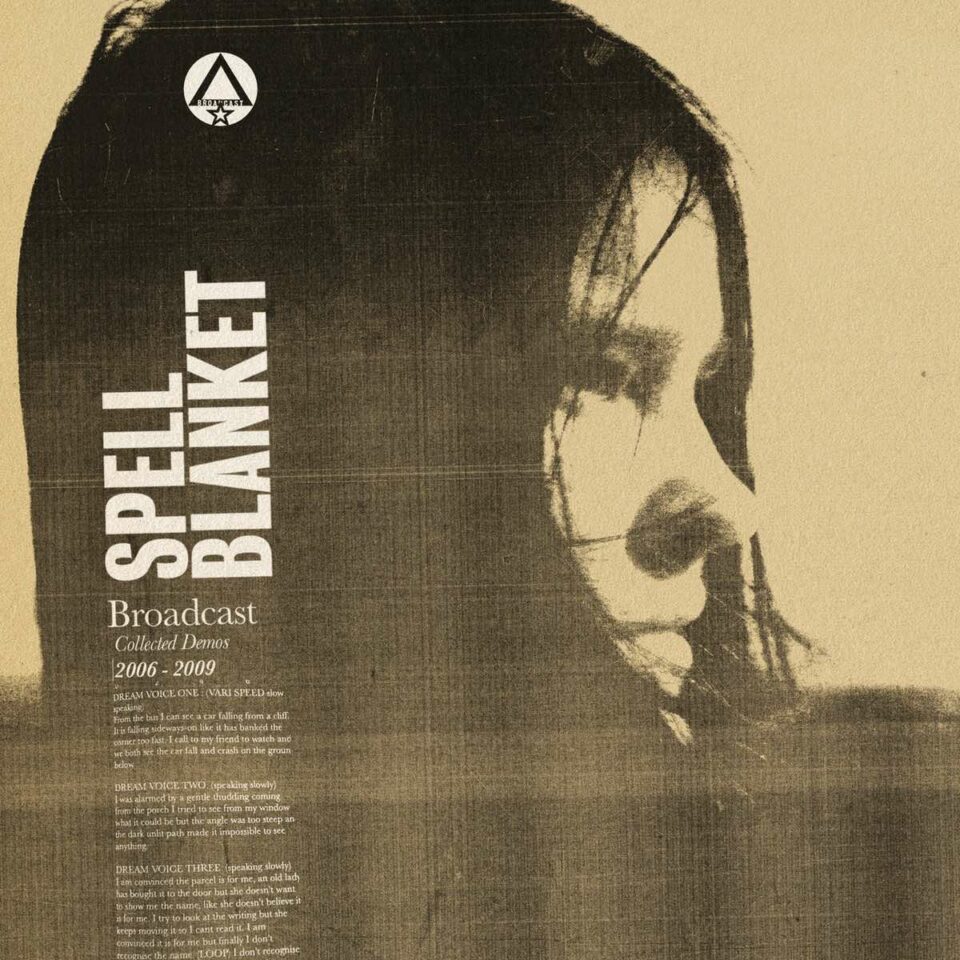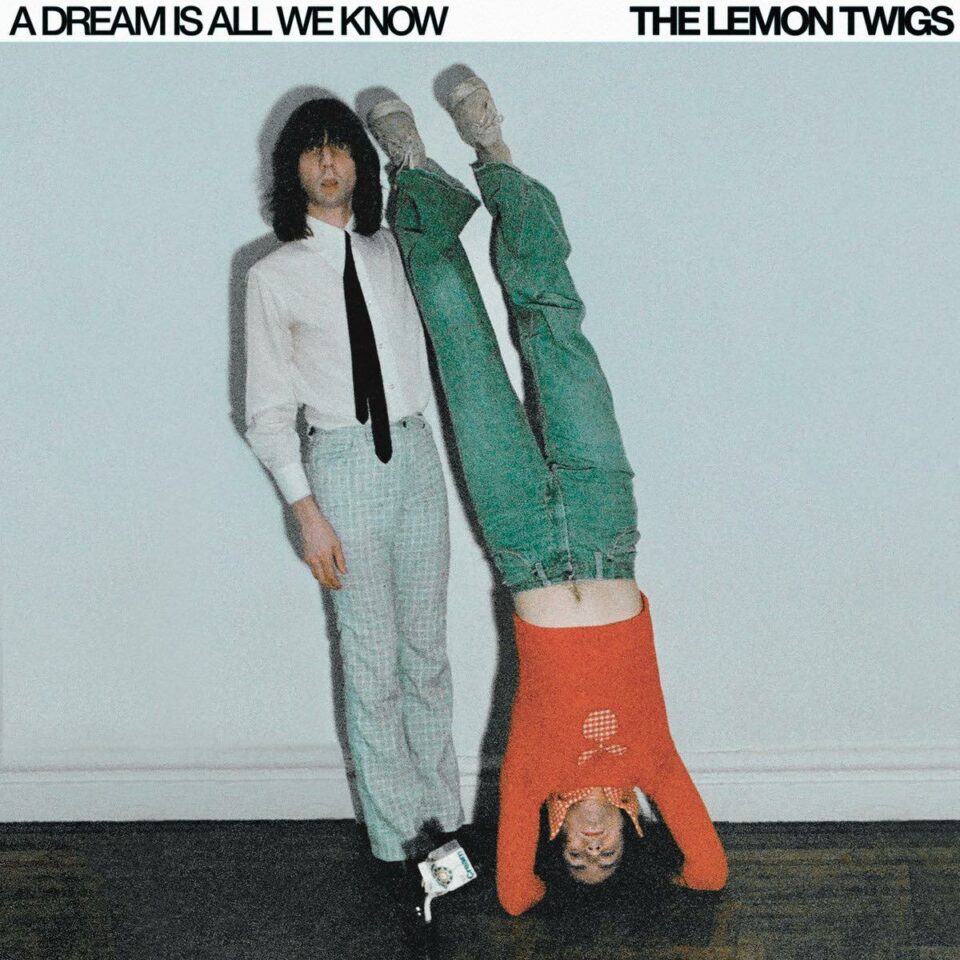Gary Clark Jr.
JPEG RAW
WARNER
Every few years, a new hot-shot guitarist comes along and recommits to the gutsy, gusty roots of the blues in a manner that makes aficionados’ heads explode with joy and novices squeal in amazement. Once that guitarist—who gets a massive plus-sign added onto their credit if they can sing emotively and pull off interesting headgear—gets to their second and third albums, they usually expand their province to include great dollops of soul, funk, and beyond. While the late, great Stevie Ray Vaughan stuck almost solely to blues power, the glory that is Gary Clark Jr. moved his blues into sleekly primal Hendrix-ian psychedelia and Prince-esque pop-funk—a rainbow space where the guitarist, vocalist, and Baz-Luhrmann’s-Elvis actor resides still on his fourth album and his first in five years, JPEG RAW.
Standing for “Jealousy, Pride, Envy, Greed, Rules, Alter-Ego, Worlds,” and featuring guest spots from a diverse crew of vocalists and players including George Clinton, Valerie June, Stevie Wonder, Naala, and trumpeter Keyon Harrold, Clark’s anacronymic new album isn’t really that raw, but rather polished like a fine, sparkling gem with occasionally fuzzy facets. Filling in the (few) spaces of Clark’s stuffed-full and lyrically vulnerable look at the human condition, JPEG RAW juggles the not-so-traditional balls of traditional African chord shifts, modal jazz, ethereal ambience, and the zig-zagging choral feel of Wonder’s Innervision all while finding space to incorporate elements of folk and R&B and keeping the psych-blues party going (the latter, in particular, on the grungy “Higher Ground” update that is album opener “Maktub” and the Wonder co-write “What About the Children”).
That party isn’t always loud or even all about Stevie. “This Is Who We Are” enters and exits in a weird chorale gossamer haze and allows Naala and Clark the opportunity to root around the song’s spacious chorus and heavy organ sound (the middle is a genuine boot stomper). The title track and Clark’s “pillow talk turning to real talk” lyrics sound like cocktail-lounge conversation that grows in volume as the drinks—and the chatter—flow faster and the guitar flickers like melting candles. The sweet, soft marital love song of “To the Ends of the Earth” plays like a long lost Chet Baker ballad until it segues into trumpeter Harrold’s soloing and Clark playing falsetto Philly-soul lover man across the silvery cloud chords of “Alone Together.” The quiet-storm R&B of “Hyperwave” simply lifts in continual ascension.
Lest you think the guitarist-vocalist is resting on chill-mode, there’s much that sizzles on JPEG RAW. Clark mostly likes his blues like he likes his coffee—dark, thick, and strong with a hint of something spicy in the brew. The yowly vocal and fuzz-tone production behind the crunchy “Don’t Start” and the luxuriant licks he lends to “Hyperwave” are brave new blues that you can dance to, fast step or slow waltz. And while I can live without the Lenny-lite “Hearts in Retrograde,” Clark ends JPEG RAW with a poignant, powerful trio of tracks: the willowy space soul of “Funk Which U” with George Clinton joining for weird sinew, the blissed-out blues of “Triumph” and its positivist message, and the quietly quivering “Habits” with its clever twist on man’s desire to lose ego for the sake of love and mercy. All in all, it’s Gary Clark Jr.’s best work, one that’s solidly blue and wondrously diverse in all the right places.









